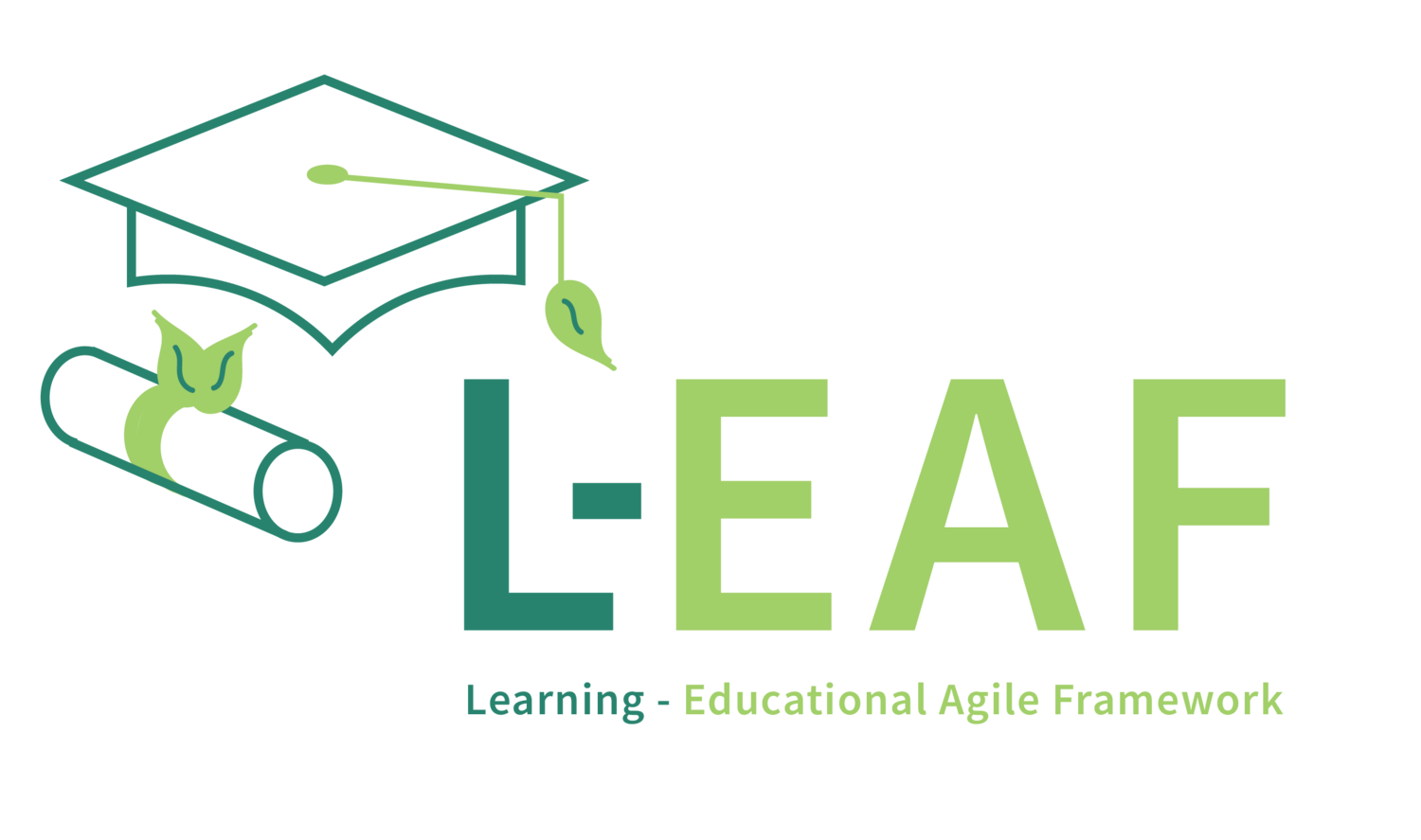
The Agility Principles & Manifesto
Our Principles.
Our highest priority is to satisfy the student through a flexible and adaptive curriculum and a quality learning experience.
-
Welcome changing conditions, even late in the journey. Agile processes harness change for the student's educational advantage.
-
Deliver working solutions frequently, from a couple of weeks to a couple of months, with a preference for a shorter timescale.
-
Educators, institutions, and students must work together throughout the student's journey.
-
Design educational journeys around motivated students. Give them the environment and support they need, and trust them to achieve their goals.
-
The most efficient and effective method of conveying information to the student is via conversations and collaborations.
-
Meaningful learning is the primary measure of progress and success.
-
Agile processes promote sustainable education regardless of environmental concerns. The educators, institutions, and students should be able to continue the journey regardless of external changes.
-
Continuous attention to educational excellence and well-designed educational support systems will enhance agility.
-
Simplicity--the art of maximizing the amount of work not done--is essential.
-
The best institutions, educational systems, and curricula emerge from self-organizing teams of educational professionals.
-
At regular intervals, the team reflects on how to become more effective, theorizes on how to improve, and designs, tests, and measures the results of their improvement experiments.
-
Our highest priority is to satisfy the student through flexible and adaptive learning systems, purposeful curriculum and a quality learning experience.
Our Manifesto.
We have found that in our passion to provide a quality and meaningful education, it is in our interest and in the interest of our students that we value:
-
Individuals and interaction over processes and tools.
-
Meaningful lessons over the measurement of learning.
-
Collaboration over fixed rules and curriculum.
-
Responding to change over following the plan.
This is not to say that we do not value the things on the right, simply that we value the ones on the left more.
